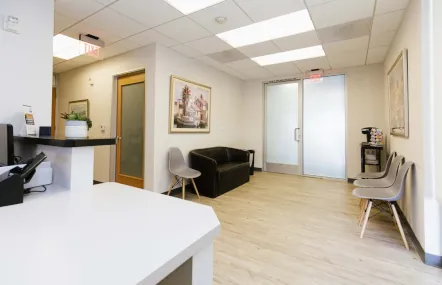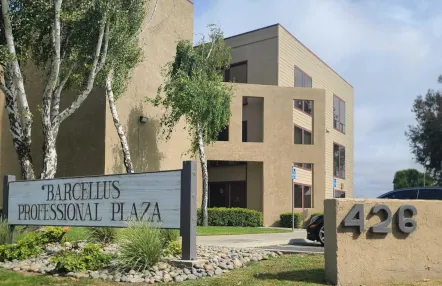Wisdom Teeth Removal Aftercare: Dos and Don’ts for a Quick Recovery
Updated 12-09-2025
Wisdom teeth removal, a standard dental procedure, often marks a rite of passage for many individuals. However, the journey to recovery begins not at the end of the surgery but with the steps you take following i. Proper aftercare is not just a recommendation but crucial for ensuring a quick and successful recovery. The period following wisdom teeth extraction can be laden with discomfort and uncertainty without the proper preparation, but with the right knowledge and practices, these challenges can be effectively managed. We are here to help you with this!
In this comprehensive guide, we at Pathway Dental Group are committed to providing valuable information and guidance post-surgery. We aim to educate and empower you with the essential do’s and don’ts of aftercare. From managing pain and swelling to navigating dietary changes and oral hygiene, we cover all the aspects to help you heal quickly and efficiently. Whether you’re a patient, a concerned parent, or a caregiver, this blog will be your go-to resource for facilitating a smooth and comfortable recovery journey. It is beneficial if you can plan to have your wisdom teeth removed when it best works with your school and work schedule and before it becomes an emergency! Let’s embark on this path to healing, equipped with knowledge and confidence.
Do’s to Remember for Wisdom Teeth Removal Aftercare
On the day of your surgery, plan on this being a complete rest day. Most surgeries are scheduled first thing in the morning, so our patients can relax in the afternoon and take a long nap!
Most patients are up and about on the second day with reduced activity. Please do not do vigorous exercise or major trips on this day!
We call day three the “danger day” because patients usually start to feel more like themselves and sometimes push it too far. Remember, your body is still recovering from surgery, and it takes time internally for that process to be completed. You will want to plan on going easy at least for a week following your surgery to help aid in your recovery process.
Before Your Scheduled Surgery:
- Pick up any needed prescriptions and foods for a soft diet so you will have them ready to go upon your arrival home
Do’s for Post-Operative Care (first 7-14 days after surgery):
- Get plenty of rest
- Diet of soft foods such as pasta, soups, mashed potatoes, yogurt, and smoothies
- We recommend a liquid diet the first day until your numbness completely wears off so you do not risk biting yourself.
- Drink through a cup
- After 24 hours, you can gently rinse with warm salt water. Allow the water to roll around in your mouth and let gravity take it out for you forceful spitting.
- When brushing your teeth, do so in the mirror to ensure you are keeping your toothbrush at most minuscule a tooth or two in front of your surgical site.
- If you want ice to combat swelling, we recommend using a bag of frozen peas or corn. These are often much softer on your face than traditional ice packs or wraps.
- Take post-op medications as instructed by your doctor
Don’t Remember for Wisdom Teeth Removal Aftercare
- No vigorous exercises (i.e., anything that increases your heart rate significantly)
- No foods that have sharp edges or anything with seeds that could travel to your surgery sites
- No drinking through a straw, smoking, or anything else that creates suction in your mouth
- No forceful spitting
- Do not stretch your mouth wide when opening or speaking
- Please keep any fingers or tools away from your surgical sites
- Do not discontinue use of medications unless directed by your doctor
If you are concerned about infection, contact the office to evaluate your symptoms, and a post-operative visit can be scheduled as needed. While you should expect some discomfort after your wisdom tooth removal, the following could be signs that something else is going on and needs attention:
- Inability to sleep
- Fever
- The face feels hot to the touch
- Excessive swelling
- Excruciating pain that is affecting your ability to function after several days
While most patients are not excited about having their wisdom teeth removed, with the proper preparation and adherence to post-op care instructions, the recovery process does not have to be protracted or take over their lives. The benefits of having your wisdom teeth removed, such as preventing infection, damage to the adjacent teeth, and shifting, far outweigh the short-term recovery process for most of our patients. If you or one of your family members has wisdom teeth needing removal, contact us today to schedule your consultation.








